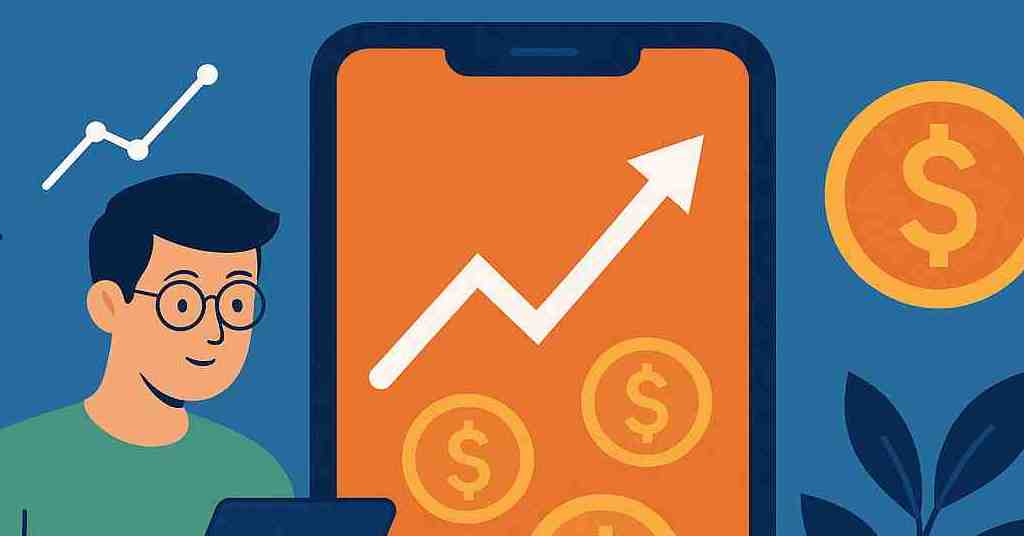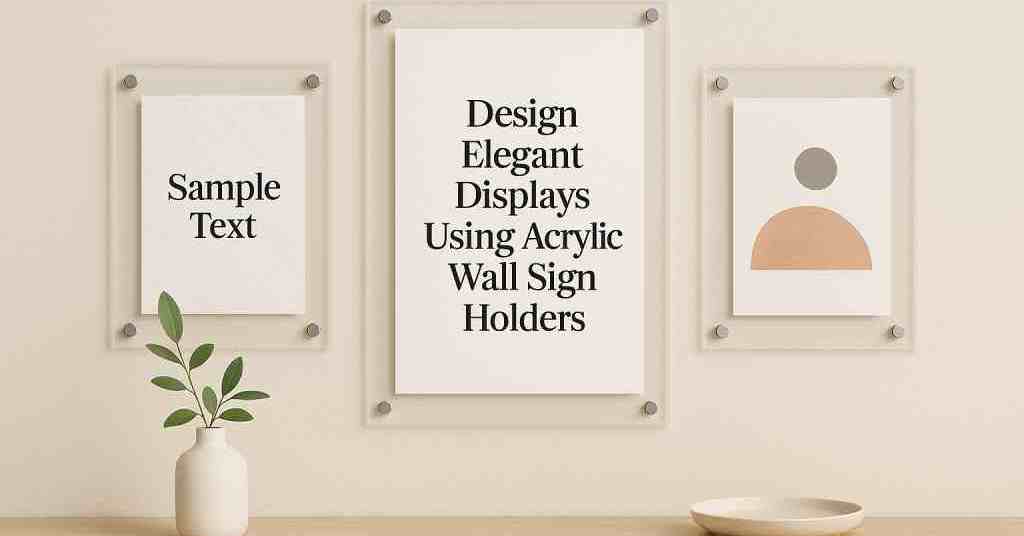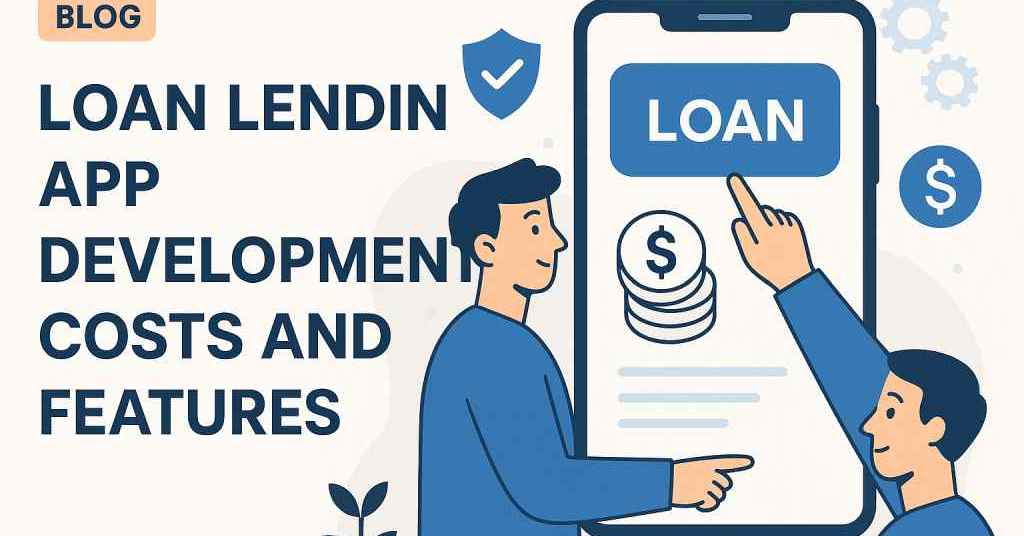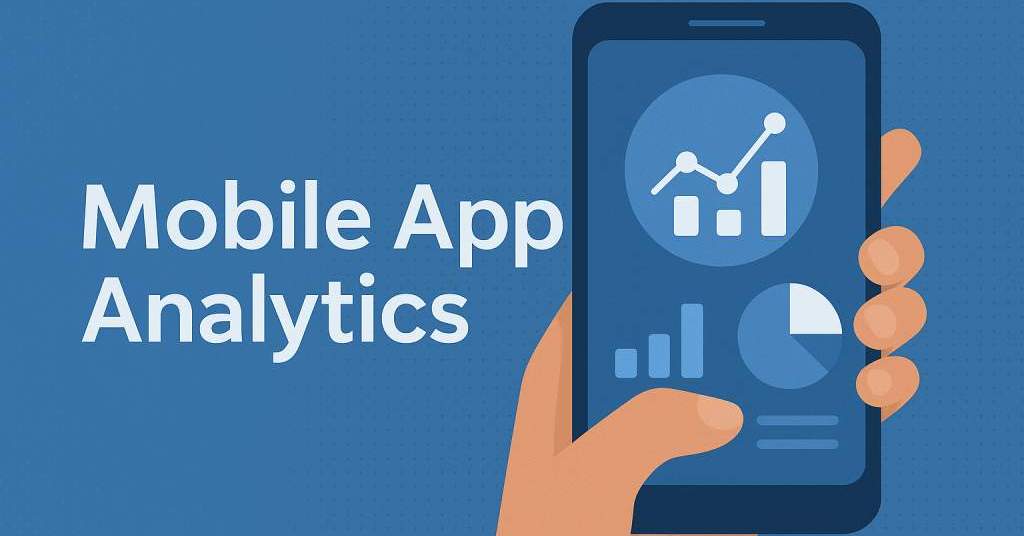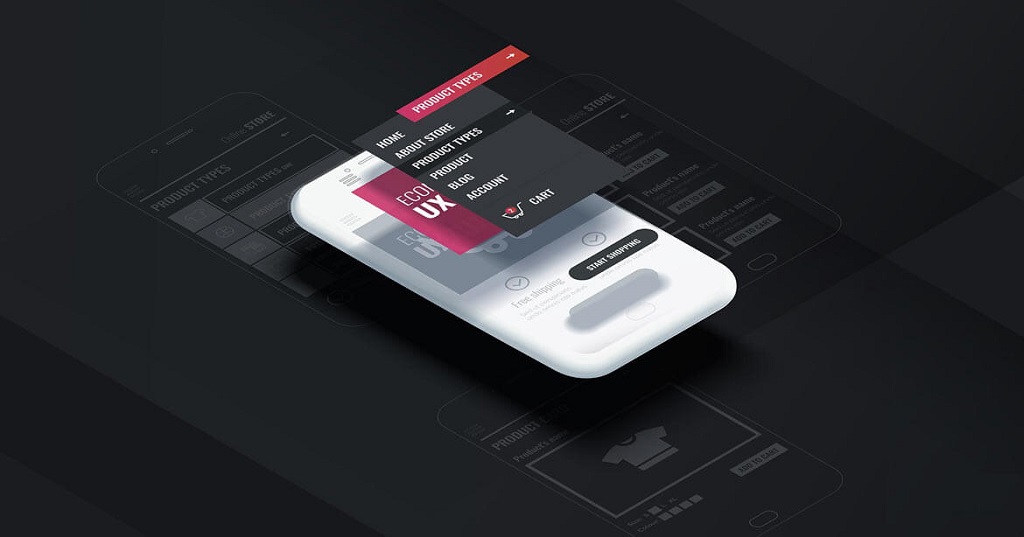
How Does UX Design Affect Your Web Design?
In the world of digital marketing, UX holds a significant place. UX, or User Experience, can be defined as the user's understanding of a product or system and the reactions in response to the product. However, it is still an active topic of debate for many in the field of digital marketing. Contrary to the belief, the definition is not as easy as explained but differs as per the perspective of one. Yet one cannot overlook the importance of UX on a website's design.
What is UX?
While the discussion goes on regarding the actual meaning of user experience, in layman terms one could define UX as a user's reaction to operating a device or system. UX is an extremely important element in web design as the user's response to the website is what confirms his inclination towards returning. Furthermore, hassle-free user experience also has an immense effect in ROI (Return on Investment).
Good user experience means that the user is able to get his demands and needs met which is what will keep him loyal towards your brand. UX is also an engaging tool to ensure the usability of your website.
Creating A Good UX Design
The thing about UX is that it depends on the user's perception of it which is tricky. No user will have the same reaction as another while using a product. So it is important to first study your target audience. It is important to study the user and his demands while designing a UX. Also important is a study of the user's physical and psychological behavior while using the system. It is necessary to consider the user's feedback to create a design that is bound to impress the end-user with its functionality and easy to understand interface.
Why is UX Design Necessary?
There are many reasons things that focus on the importance of good user experience. Creative web design is only fruitful if the UX is just as impressive as the website's design. A good UX designer understands the need for a fully functional site as the user's reaction is largely based on the functionality of a website more than the visual appeal of it. There are also many who confuse web design with UX design. However, there is a world of difference between the two.
First, web design is focused on creating a visually appealing website that puts more effort into the aesthetic value. Whereas, UX is more drawn towards creating an interface which offers more functional features as compared to the visually attractive site.
Secondly, web design is more about selling a brand while UX design is user-based focused on giving the user a seamless experience.
There is also much debate regarding the coding languages used. While web design requires an expert level knowledge of certain programming languages such as HTML, CSS, and more; UX design can be accomplished with basic knowledge of certain languages.
Furthermore, UX designers are also working more with wireframes and prototypes to understand the possible problems and come up with efficient solutions for the same.
Does UX Design affect Web Design?
While many overlook the importance of UX design over web design, good user experience can actually affect the other in a drastic way. What plays the key role here is that web design and UX design are actually correlated. Both affect each other in various ways. So in order to create a top-notch fully functional website, it is indeed necessary to play both altogether.
· Aesthetically attractive design with functional add ons gives the user a sense of reliability. A one of a kind website will attract the visitor when he enters the page while a good user-friendly interface will add to the general response. This will not only convince the user to visit your site again but also build credibility in his mind. A good web and UX design affect the mind of a user instantly. This will build your brand's image and value.
· Once the visitor lands on your page, those first few seconds are of crucial importance. This is the time when the user will decide if your site is worth visiting. Once the website design attracts the user, he will be drawn to using your services. When he finds the site to be functional too, it clearly reflects on your sales.
· While the web design adds to the visual appeal, UX helps build the functionality of the website which adds to the overall experience of the website. Good responsiveness from the interface can greatly ensure a returning customer.
· If planned carefully, the content can play a decisive part in building your website's reputation. A smartly planned content layout can actually keep the visitor involved. Once you are able to get your user curious about the services you have to offer, he will be engaged in exploring more about your site. This will further enhance the credibility of your site.
How can Web Design affect User Experience?
We have talked about the effects of UX design on web design. There are many ways where you can actually improve user experience through web design.
· First and foremost comes a good presentation. As mentioned afore, the first few seconds of a visitor on your website is when he builds a perception if he likes your website or not. A visually appealing page with attractive banners, images, and planned content distribution can greatly influence the visitor's decision to further explore your website and services. A great design with added functionality can immensely turn to affect your ROI.
· As said above, carefully strategize how you break up your content. Build a layout where the content guides your visitor to pages you want them to visit. Make sure that you use creative typography and careful placement of images and graphics. Good graphics can greatly impact the visitor's mind. They trigger an emotional response which you can use to your benefit.
· A formal and strategic planned website design is easy to recognize. It can also help your user build trust as they are drawn towards your website based on how you present your website. Your effort in building your website is clearly visible which means that your user will trust you more as they can guess that you will put the same effort into serving them.
· The best way to involve a visitor with your site is by building an emotional connection. Clean web design with nicely placed elements, clear content flow, and user-friendly interface can make the user connect with you. According to research, the use of certain graphic elements and content can stimulate emotional bonds between the user and the service provider. This will only help you better connect with your consumer better.
· To enhance your user experience more, make sure to interact with you at regular intervals. The one thing a designer cannot guess is his user's perception. Ensure that you have direct conversations with your consumer, ask for their opinions, demands, and expectations from you. This way you can further work on your site's design and UX.
· What service providers usually overlook is to work on various versions of their website. A major percentage of users turn to their smartphones to search for stuff. Make sure that your web design is as functional on the mobile version as it is on desktop. Your user should be able to use your services without difficulty on both the mediums. Also, make sure that the design does not differ. The theme should remain visibly the same on both desktop and mobile versions. Your user connects with you for your unique design. Make sure he goes through the same experience regardless of version.
Conclusion
Finally, what needs to be understood is that web design and UX design are two parts of the spectrum that go together. The results can be clearly feasible for your website if both are strategically planned. A good web design and UX design directly affect each other which directly affects your sales figures. What you need to make certain that your user leaves your site satisfied with your services so he will return again because of the experience he has had earlier.

